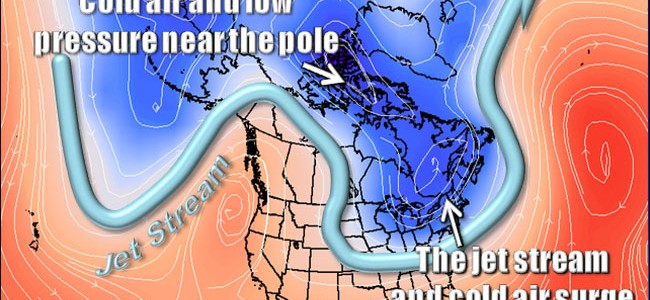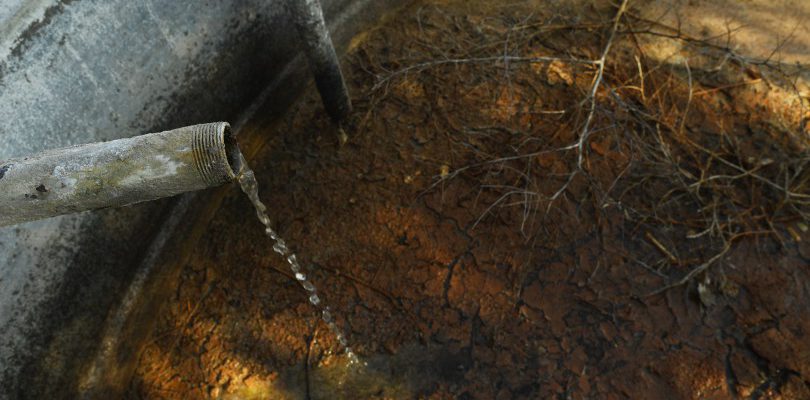Climate science
-

You’ve probably heard the phrase “Polar Vortex” a lot the last couple of weeks, as parts of the US are in a deep freeze with air coming down from the Arctic. While we won’t see temperatures here in the Southeast that are nearly as cold as those in MN and WI, it’s going to be…
-

This week’s question from the Georgia Climate Project’s Roadmap deals with how to quantify water availability for planning purposes. First we need to effectively capture the current amount of water available and then we need to figure out how to report it efficiently and put it to use to make plans for how water resources…
Posted in: Climate science -

The Yale Program on Climate Change Communications released the results of their latest survey today, and they indicate that “a large majority of Americans think global warming is happening, outnumbering those who don’t by more than 5 to 1. Americans are also growing more certain that global warming is happening and more aware that it…
-

Here is a new animated graphic which shows how the global carbon dioxide level is changing at the same time that emissions and volcanism are changing. As you watch the time change, you can see the CO2 level creep up, especially in response to emissions. The impacts of El Niño and La Niña are also…
Posted in: Climate science -

We are winding down our look at the Georgia Climate Project’s Roadmap of 40 questions that need to be addressed in future research about how Georgia’s changing climate will affect agriculture, ecology, water, transportation, and other parts of society. This week’s question addresses the need for appropriate measurements and associated data sets that scientists can…
-

I’ve frequently been asked how we know that human activity is responsible for a warming earth. Of course there are natural factors that are influencing the climate, such as sunspots (on time scales up to a decade), orbital variations around the sun (on time scales of 10,000 to 100,000 years), and volcanic eruptions (effects usually…
Posted in: Climate science -

After a few weeks’ hiatus, here is the latest question from the Georgia Climate Project. This week’s question is on how urban areas are affecting local weather and climate. You probably have already heard of the urban heat island and how it makes cities warmer, but you might not know that cities also increase rainfall…
Posted in: Climate science